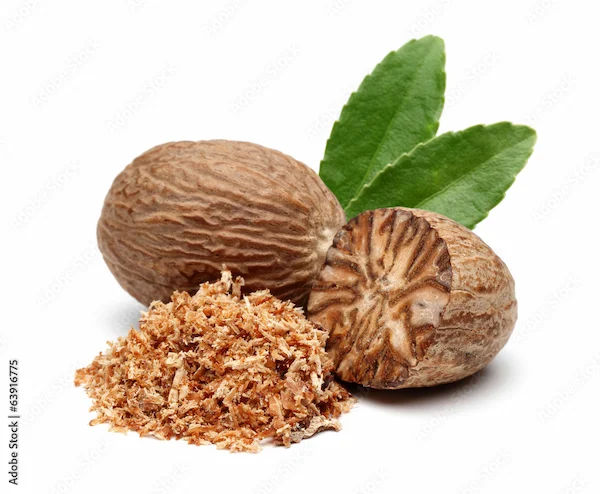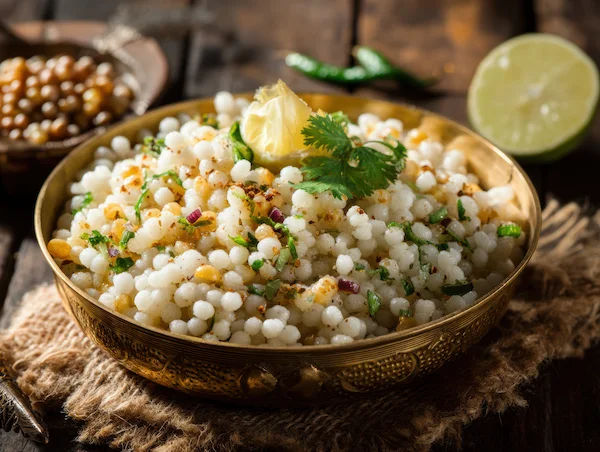Different Types of Blood Groups Explained
Learn about the different types of blood groups, including ABO and Rh systems. Understand how blood types are classified, their importance in transfusions, and compatibility between groups.

Written by Dr. Vasanthasree Nair
Reviewed by Dr. Rohinipriyanka Pondugula MBBS
Last updated on 26th Aug, 2025

Understanding your blood group is essential for medical reasons, especially during emergencies, blood donations, or pregnancy. Blood groups are determined by the presence or absence of certain proteins (antigens) on the surface of red blood cells. Let’s break down the different types of blood groups in a simple and easy-to-understand way.
What Are Blood Groups?
Blood groups are classified based on two main systems:
1. The ABO System – This includes four main blood types: A, B, AB, and O.
2. The Rh Factor System – This determines whether your blood is Rh-positive (+) or Rh-negative (-).
Combining these two systems gives us the eight most common blood types:
A+
A-
B+
B-
AB+
AB-
O+
O-
Consult top Hematologist
Understanding the ABO Blood Groups
Here’s a helpful overview of Understanding the ABO Blood Groups:
1. Blood Group A
Antigens: Has A antigens on red blood cells.
Antibodies: Produces anti-B antibodies in plasma.
Compatibility: Can receive blood from A and O groups.
2. Blood Group B
Antigens: Has B antigens on red blood cells.
Antibodies: Produces anti-A antibodies in plasma.
Compatibility: Can receive blood from B and O groups.
3. Blood Group AB
Antigens: Has both A and B antigens on red blood cells.
Antibodies: No anti-A or anti-B antibodies in plasma.
Compatibility: Known as the universal recipient—can receive blood from A, B, AB, or O.
4. Blood Group O
Antigens: No A or B antigens on red blood cells.
Antibodies: Produces both anti-A and anti-B antibodies in plasma.
Compatibility: Known as the universal donor—can donate to all blood types, but can only receive O blood.
Understanding the Rh Factor (+/-)
The Rh factor is another protein found on red blood cells. If you have it, you’re Rh-positive (+). If you don’t, you’re Rh-negative (-).
Rh-positive (+): Can receive Rh+ or Rh- blood.
Rh-negative (-): Can only receive Rh- blood to avoid immune reactions.
Why Is Knowing Your Blood Group Important?
Knowing your blood group isn’t just a detail on your medical record, it can be life-saving in emergencies and vital for various medical situations. Here’s why:
1. Blood Transfusions: Receiving the wrong blood type can cause dangerous reactions.
2. Pregnancy: Rh incompatibility between mother and baby can lead to complications.
3. Donations: Helps hospitals maintain blood supplies for emergencies.
4. Surgery: Ensures safe blood matching before procedures.
How Is Blood Type Determined?
A simple blood test can determine your blood group. If you don’t know yours, you can:
Donate blood – Blood banks test and inform you.
Get tested at a lab – A quick blood sample is taken.
Need a blood test? You can easily book a blood group test on Apollo 24|7 from the comfort of your home.
Which Blood Type Is the Rarest?
The rarest blood type in the world is:
Most common: O+ (37% of the population)
Rarest: AB- (less than 1% of the population)
Can Blood Type Affect Health?
Some studies suggest that certain blood types may be linked to higher risks of certain conditions:
O group: Lower risk of heart disease but higher risk of ulcers.
A group: Slightly higher risk of stomach cancer.
AB group: Higher risk of blood clots.
However, lifestyle factors (diet, exercise, stress management) play a much bigger role in overall health.
Tips for Managing Health Based on Blood Type (Myth vs. Fact)
Some people believe in the "Blood Type Diet," suggesting that certain foods are better for specific blood types. However, there’s no strong scientific evidence supporting this. Instead:
Eat a balanced diet (fruits, vegetables, lean proteins).
Stay hydrated and exercise regularly.
Donate blood if you’re eligible, it helps save lives!
Don’t know your blood type? Book a blood group test today on Apollo 24|7 and stay prepared!
Conclusion
Knowing your blood group is a small but crucial part of your health profile. Whether for emergencies, pregnancy, or donations, it’s always good to be informed.
Consult top Hematologist
Consult top Hematologist
Dr Sumanth R
General Physician
2 Years • MBBS
Bengaluru
PRESTIGE SHANTHINIKETAN - SOCIETY CLINIC, Bengaluru

Dr.sanchayan Mandal
Oncologist
17 Years • MBBS, DrNB( MEDICAL ONCOLOGY), DNB (RADIOTHERAPY),ECMO. PDCR. ASCO
Kolkata
Dr. Sanchayan Mandal Oncology Clinic, Kolkata

Dr Lakshmi Mythili Mulam
Haematologist
5 Years • MD, DNB
Chinagadila
Apollo Hospitals Health City Unit, Chinagadila

Dr Abilash Jain
General Physician/ Internal Medicine Specialist
12 Years • MBBS,DNB(FM),MNAMS,FIAMS,CCGMG(GERIATRICS),DGM (GERIATRICS),PGCD(DIABETES,BOSTON UNIVERSITY),FID(DIABETICS UK)CCEPC(PALLIATIVE CARE),CCCC(CRITICAL CARE)
Visakhapatnam
Apollo Clinic Vizag, Visakhapatnam

Dr. E Prabhakar Sastry
General Physician/ Internal Medicine Specialist
40 Years • MD(Internal Medicine)
Manikonda Jagir
Apollo Clinic, Manikonda, Manikonda Jagir
(125+ Patients)
.webp)



